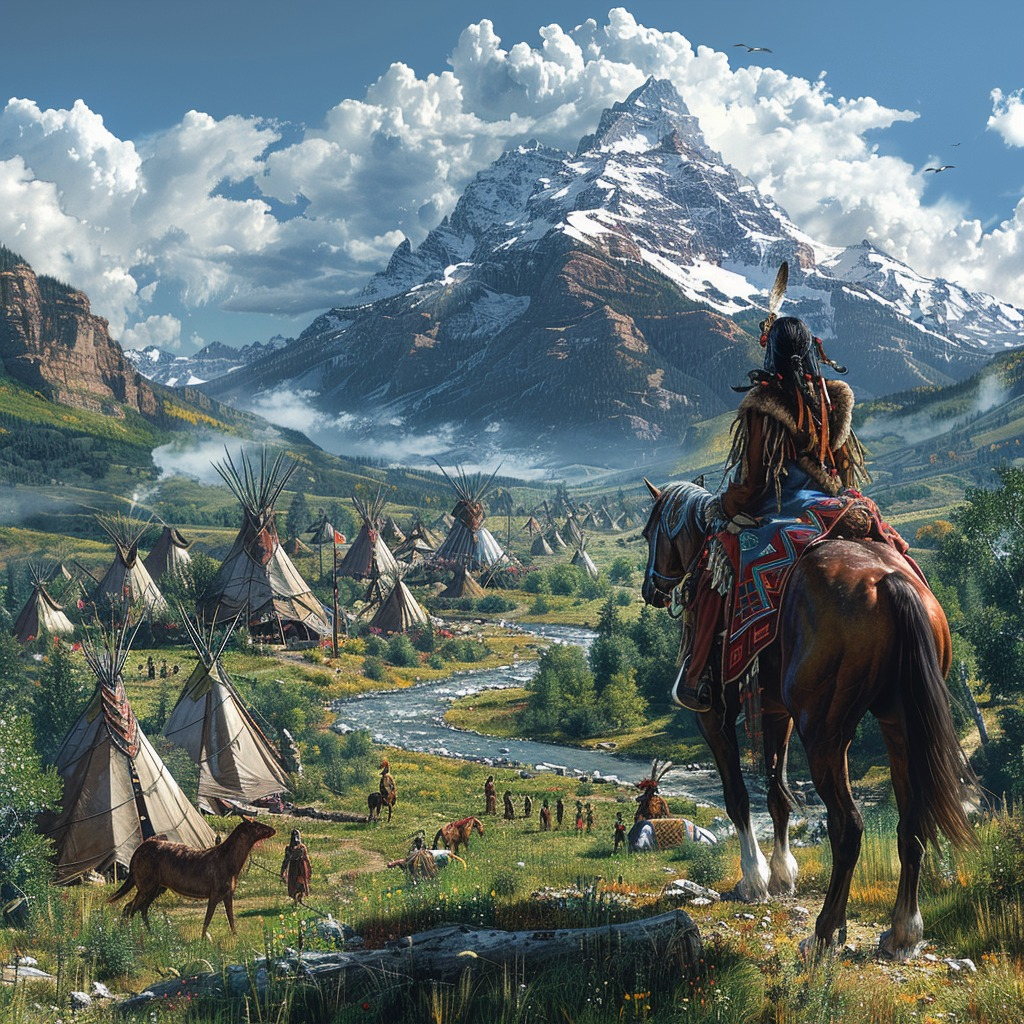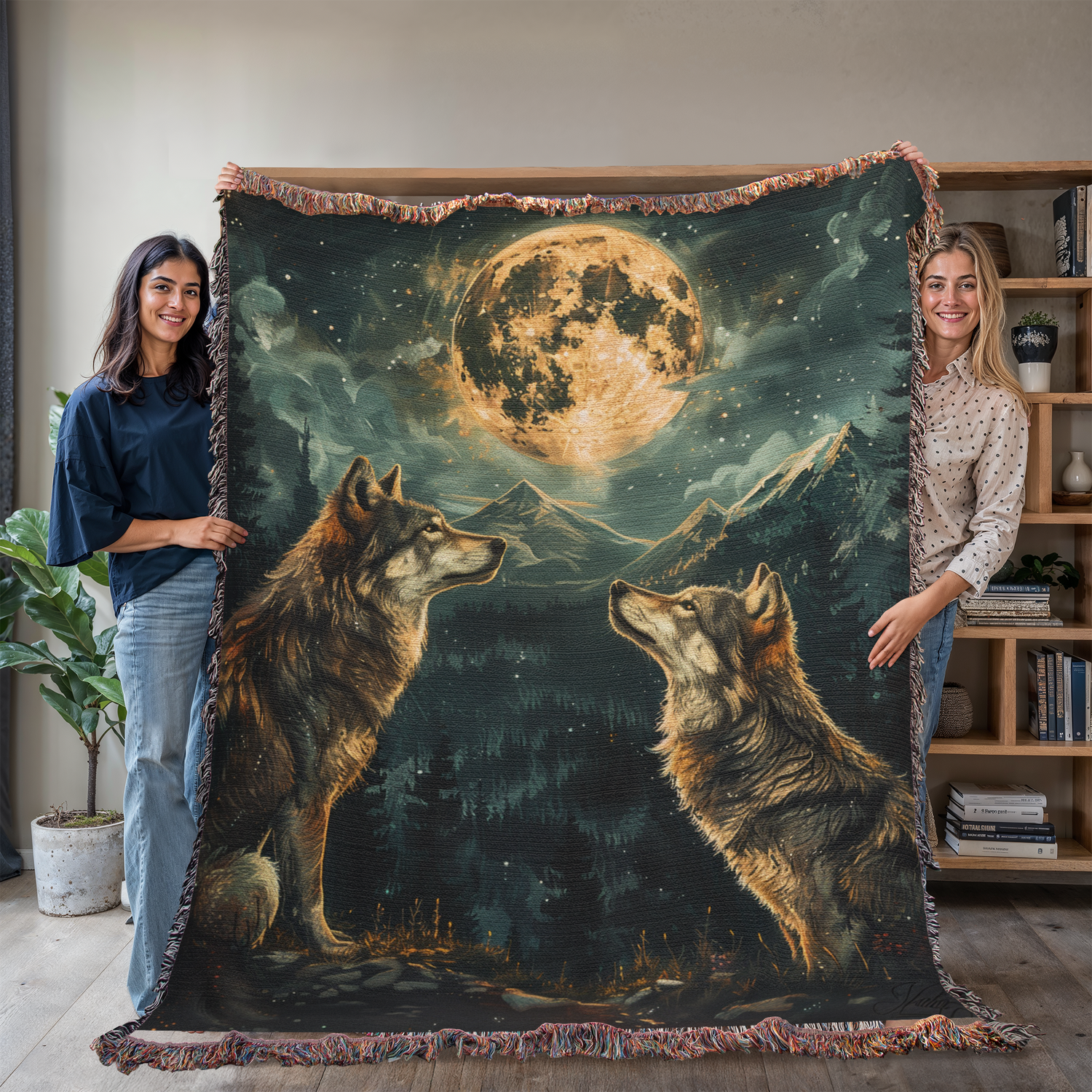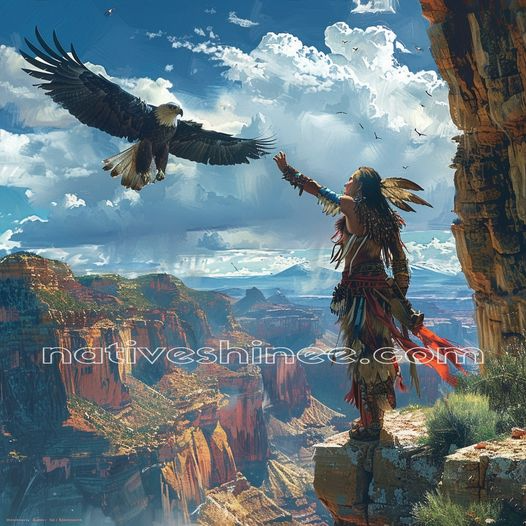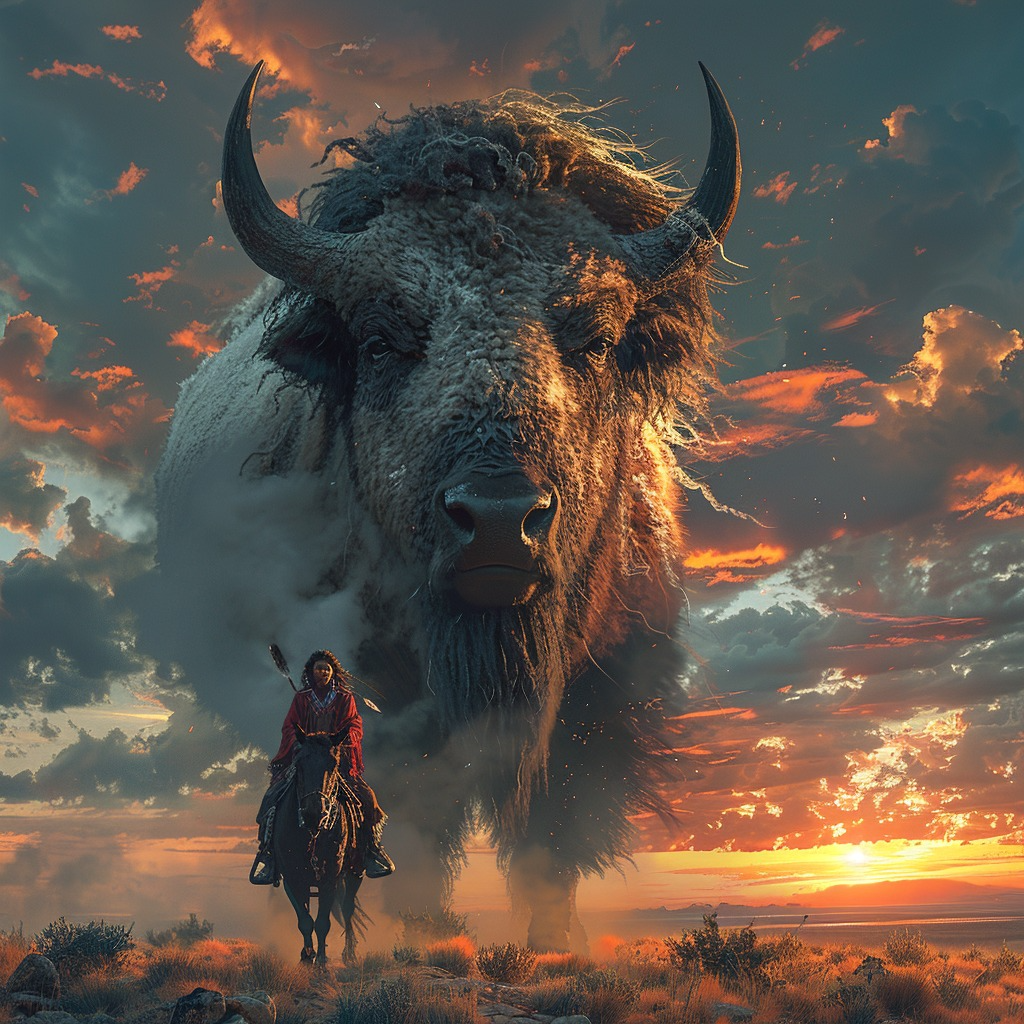Native communities, or Indigenous peoples, are the original inhabitants of the Americas. Each tribe and nation has unique languages, traditions, and histories, contributing to a rich cultural mosaic. Recognizing and respecting Native communities is vital to appreciating their heritage and identity.

The Significance of Native Heritage
Native heritage includes both tangible artifacts and intangible traditions, such as oral histories and spiritual practices. Preserving this heritage maintains cultural diversity and ensures that future generations can learn from and appreciate their ancestors' wisdom.

Diversity Within Native Communities
1. Cultural and Linguistic Diversity
There are over 500 federally recognized tribes in the U.S., each with distinct cultures and languages. For instance, the Navajo are known for weaving, while the Haudenosaunee are noted for their governance systems. This diversity highlights the importance of preserving each unique culture.

2. Geographic Distribution
Native communities are spread across diverse regions, from the Arctic to the Southwest. Geography influences their cultural practices, such as coastal tribes relying on fishing and plains tribes on hunting. This context showcases the adaptability and resourcefulness of Native peoples.

Historical Context and Current Issues
1. A Brief History of Native Communities
Before European contact, Native communities had complex societies. Colonization brought displacement, disease, and forced assimilation, yet Native peoples preserved their cultures and traditions despite these challenges.

2. Contemporary Challenges
Native communities face issues like land rights, economic disparities, and social challenges, including healthcare and education gaps. These issues require ongoing advocacy and support.

3. Resilience and Advocacy
Native communities demonstrate resilience through cultural preservation and advocacy, such as the Standing Rock Sioux Tribe's fight against the Dakota Access Pipeline. These efforts are crucial for securing a better future for Native peoples.

Cultural Heritage and Traditions
1. Traditional Practices and Celebrations
Native ceremonies, like the Sun Dance, are vital for cultural identity, symbolizing renewal and community solidarity. These practices strengthen community bonds and ancestral connections.

2. Art, Music, and Dance
Native art, music, and dance are integral to cultural expression and preservation. Events like powwows celebrate these traditions, fostering cultural transmission and community engagement.
Contributions of Native Communities to Society
1. Contributions to Art and Literature
Native artists and writers, such as T.C. Cannon and N. Scott Momaday, offer profound insights into Native experiences, enriching the broader cultural landscape.

2. Innovations and Inventions
Native innovations, from agricultural methods to architectural designs, have made lasting impacts. Contemporary Native entrepreneurs continue to contribute across various fields.

3. Environmental Stewardship
Native communities have long practiced sustainable environmental stewardship, offering valuable knowledge for modern conservation efforts.

How to Support and Engage with Native Communities
1. Supporting Native Businesses
Supporting Native-owned businesses helps sustain their economies and promotes self-sufficiency. Purchasing from these businesses contributes directly to their communities.

2. Attending Cultural Events
Engage with Native cultures by attending events like powwows and festivals, which offer opportunities to learn and celebrate their traditions.

3. Advocacy and Education
Advocate for policies that protect Native rights and educate others about Native histories and issues to combat stereotypes and foster inclusion.

Conclusion
Native communities enrich our society with their cultural, historical, and environmental contributions. Recognizing their heritage and supporting their efforts is essential for fostering an inclusive and respectful world.
Engage with Native communities by learning about their cultures, supporting their businesses, and advocating for their rights. These actions honor and celebrate their rich heritage, ensuring it endures for future generations.





